This viewpoint is part of Foresight Africa 2024.
The state of democracy in Africa, especially in the Sahel—the semi-arid belt connecting North Africa across the Sahara Desert to the tropical savannahs to the south—was the cause of considerable angst in 2023. Bad enough that the region has for some time been one of the most conflict-ridden in the world and even worse that it surged to the top of the annual Global Terrorism Index—accounting for 43% of all deaths from terrorist attacks around the world—but with the overthrow of Niger’s President Mohamed Bazoum by his own guards in late July, one can now literally travel eastward across the African continent from the Atlantic Ocean to the Indian Ocean without once setting foot in a country with an elected civilian government. No wonder there has been considerable handwringing about what the Mo Ibrahim Foundation’s flagship Index of African Governance report bemoaned as “widespread democratic backsliding” which, together with the deteriorating security situation, threaten to undermine the hard-won human development and economic gains of recent decades.
One can now literally travel eastward across the African continent from the Atlantic Ocean to the Indian Ocean without once setting foot in a country with an elected civilian government.
Nor, by any means, have the coups d’état been limited to the Sahel conflict zone. Since the August 2020 putsch in Mali deposed President Ibrahim Boubacar Keïta, there have been more than a dozen attempts by military forces to overthrow governments across Africa, eight of them successful, including the overthrow at the end of August of Gabon’s President Ali Bongo Ondimba. Of course, each instance is unique, and best understood in the context of the particular circumstances of the country affected. Nonetheless, they share certain common characteristics that African regional organizations and their international partners would do well to keep in mind if they are genuinely interested in strengthening democratic norms and institutions.
First, while juntas are hardly a part of the democratic toolkit, it does not necessarily mean that the regimes they replaced were democratic or even enjoyed popular legitimacy. That is why we have repeatedly witnessed the disconcerting spectacle of massive demonstrations in favor of coups across the region. Of course, the masses can be fickle and the momentary popularity of the men in uniform cannot be sustained unless they quickly and consistently deliver not just security, but also development— for which they will need partners whom it would behoove to be pragmatic if they wish to avoid even worse outcomes.
The heart of the crisis in the Sahel is one of state legitimacy.
Second, as I repeatedly emphasized during my service as America’s Sahel envoy: “The heart of the crisis in the Sahel is one of state legitimacy—a perception by citizens that their government is valid, equitable, and able and willing to meet their needs… Absent states’ commitments to meeting their citizens’ needs, no degree of international engagement is likely to succeed.” In all too many of the recent cases, what the soldiers overthrew was what French political scientist Bertrand Badie termed the “imported state,” rather than a government which enjoyed the legitimacy that can only come from having won the “hearts and minds” of its citizens. If you want to prevent democratic backsliding, establish governance first.
Building such state legitimacy, founded upon governance, is an undertaking that requires time and commitment, both of the citizens involved and of their friends abroad. But there are glimmers of hope. Amid the specter of backsliding, there is evidence of democratic practice taking root. As the annus horribilis ended, there was the historic electoral upset in Liberia of incumbent President George Weah by former Vice President Joseph Boakai, Sr.—and the former’s gracious concession in which he described his fellow Liberians as the true winners of the run-off. The journey to that moment was indeed long and hard, but nevertheless undoubtedly worth the effort and investment.
The Brookings Institution is committed to quality, independence, and impact.
We are supported by a diverse array of funders. In line with our values and policies, each Brookings publication represents the sole views of its author(s).


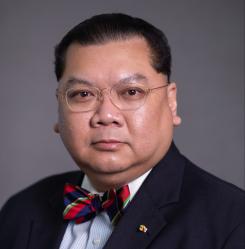
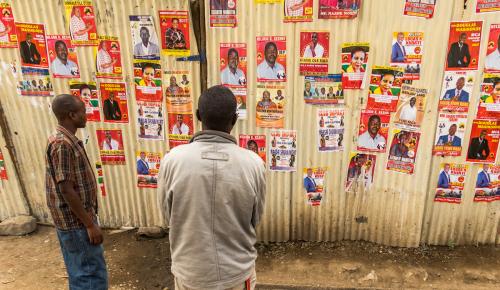
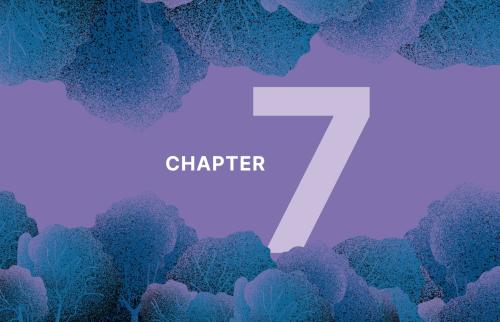
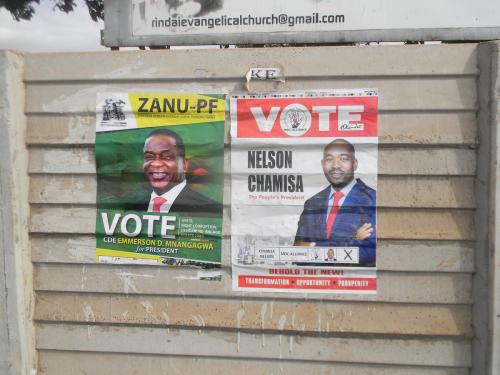
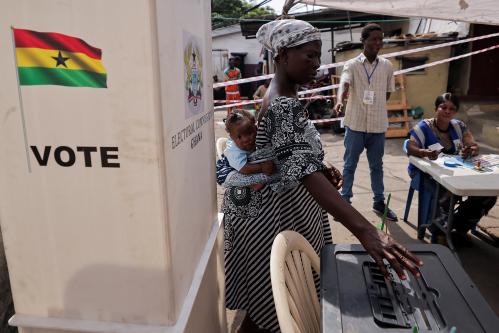
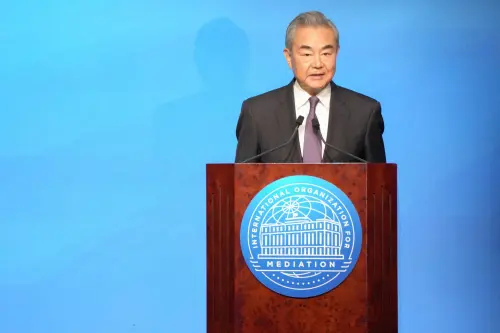
Commentary
To prevent democratic backsliding in the Sahel, establish democratic governance first
March 19, 2024